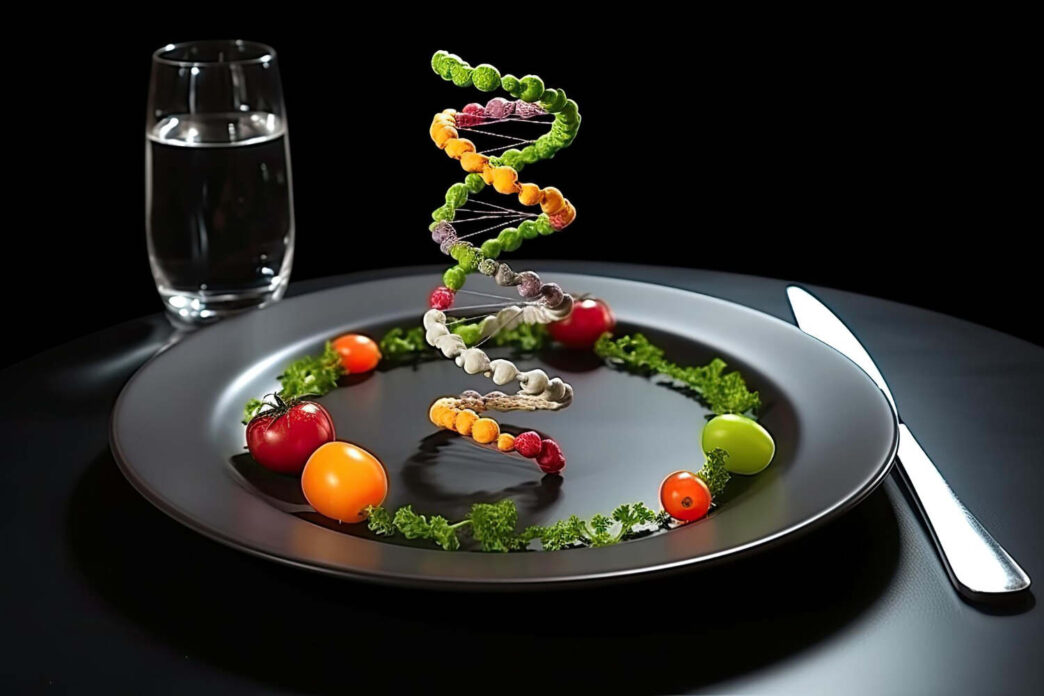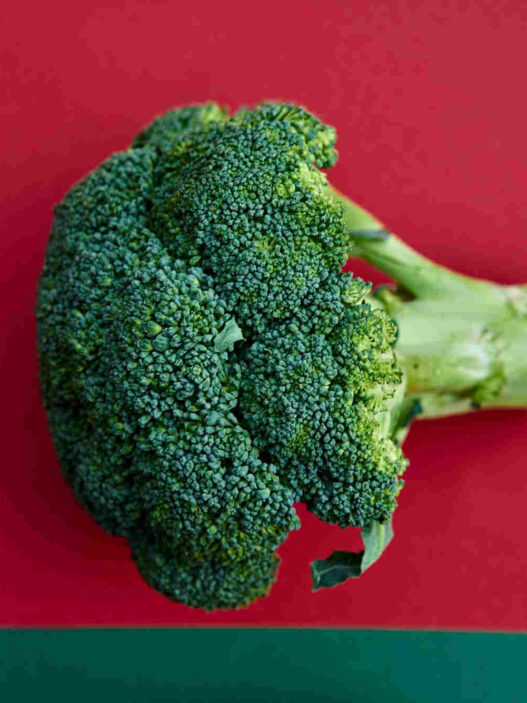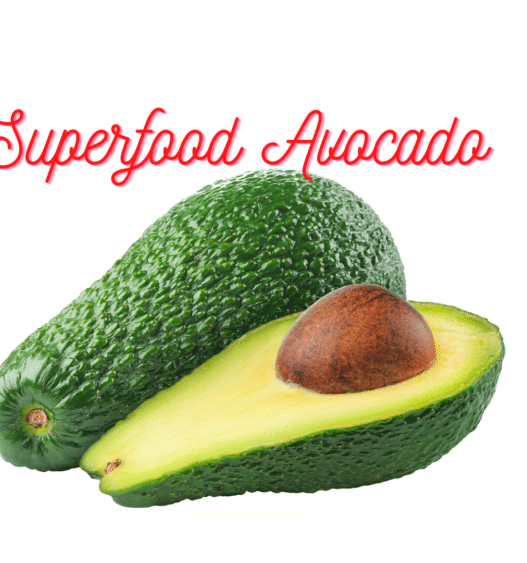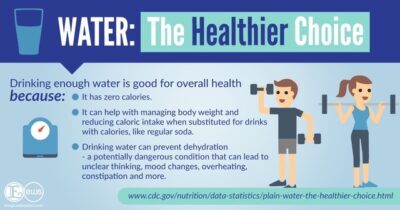Diet and Gene Expression – How does nutrition affect longevity and gene expression?
Can diet change your genes? Can diet or nutrition affect longevity and gene expression? The answer is yes. Our diet and the nutrients we consume influence the expression of genes (gene expression), which in turn affects our health, longevity, and risk of developing certain diseases. Research shows that epigenetic factors (related to behavior and environment) that affect gene expression can have a bigger impact on our health and longevity than our DNA. Epigenetic factors don’t change DNA, however, they can change the way they are expressed, turning genes off and on depending on not just your diet but also your environment and lifestyle.
Diet or Nutrition can have a major impact on the risk of developing certain cancers, diabetes, obesity, depression, anxiety, autoimmune and cardiovascular diseases, and more. Research also shows that biological age can be reversed, and health optimized with the principles of nutrigenomics (1). The study of how food can affect an individual’s genes thereby gene expression and how the body responds to the gene expression is called nutrigenomics which is a recent and rapidly emerging field of expertise.
Studies done on twins show that only about 25% of their health and longevity can be attributed to their DNA (2). Interestingly, identical twins, who have the same DNA and a very similar environment have different responses to the same foods according to a study published in 2019 monitoring 1,100 adults, with 60% of them being twins. Their metabolism was found to vary more due to their unique gut microbes, sleep and exercise habits, and time of meals than their DNA.
The DNA of the twins accounted for less than a third of their levels of insulin, triglycerides, and blood sugar (3). Surprisingly the identical twins in the study had different microbiome compositions, with only a 37% similarity. This was only slightly higher than unrelated individuals who had an average of 35% similarity.
‘Longevity and Diet’ Or Should We Say ‘The Longevity Diet!’
What is ‘The Longevity Diet’? Diet and nutrients can affect health span and longevity.
A study published in the US Journal of Aging in 2021 found that when combining a number of dietary and lifestyle interventions for only 8 weeks, more than 3 years were shaved off of the participant’s biological age (4).
Dietary recommendations for ‘The Longevity Diet’ included eating preferably organic:
- Liver – 3 serves a week
- 5 – 10 eggs
- Leafy greens – 2 cups
- Seeds, nuts & herbs
Foods to avoid for ‘The Longevity Diet’ included:
- Dairy
- Refined grains
- Sugar
- Beans and legumes
The lifestyle prescription for Longevity consisted of:
- Exercising for a minimum of 30 minutes 5 times a week at 60–80% of maximum effort
- Around 7 hours of sleep
- Daily breathing exercises
- Not eating between 7 pm and 7 am (4).
Genomic analysis was undertaken to determine their biological age pre- and post-study and age was calculated with the Horvath clock. This was a small study with only 38 healthy participants with no history of chronic disease (4).

Mediterranean Diet as The Longevity Diet
Some of the oldest populations in the world reside in the Mediterranean and Okinawa regions. Both of these ways of eating are based on traditional foods full of phytonutrients, flavonoids, and antioxidants. Their diet is much more nutrient-dense and lowers in calories than the modern western way of eating. The longevity of both of these populations has piqued the interest of researchers to study the Mediterranean diet as The Longevity Diet and making them the most studied in regard to health and longevity (5).
Evidence shows that the Mediterranean diet may reduce mortality age and increases the probability of healthy aging (6). A number of studies demonstrate that adherence to this diet increases telomere length, a key indicator of aging. The foods that have been associated with improved inflammatory and oxidant markers are olives, nuts, fruits, and vegetables which are heavily featured in this diet (6). Okinawa tends to eat plant-based with a lot of leafy greens, sweet potatoes, soy, herbs, and some fish (5).
Although there are quite a few studies done on these Mediterranean diets being beneficial, some conclude that the Mediterranean diet has little effect on telomere length. An observational and longitudinal study that tracked 1,000 participants with food frequency questionnaires for over 10 years found that the Mediterranean diet has very little impact on telomere length (7).
On the other hand, a number of studies show that a typical Western diet high in refined carbohydrates, sugars, processed meats, and oils had negative associations with telomere length (8).
Telomere Shortening and Aging
Telomere shortening is associated with premature aging, and diseases associated with aging and is one of the best biomarkers for indicating age. Healthy telomeres can protect against age-related diseases such as cardiovascular disease, cancers, dementia, and osteoporosis (6).
Studies have shown that when people age, their telomeres get shorter, those with shorter than average telomeres were found to have between a three to eight times increased risk of dying from a heart issue or infectious disease (8). Shorter than average telomeres can also be an indicator of being at a higher risk for cancer, particularly gastrointestinal, neck, head, renal, melanoma, and other cancers.
Telomeres protect genetic information on the end of chromosomes from damage, when they get too short the cells die. A useful analogy is to think of them as the protective plastic on the ends of shoelaces to stop the lace from fraying. Despite the findings between telomere length and aging, the mechanisms are not fully understood.
It is important to note that dietary studies are often hard to quantify because most are cross-sectional, and the observations do not automatically prove causal relation. Furthermore, many studies have a short lead time, small effect size, and the age of the participants and other factors can also affect results (6).
Although there is evidence that diet can maintain and even reverse biological age, research hasn’t discovered exactly what genes or gene expression is responsible for aging and how does nutrition affect longevity and gene expression.
Furthermore, everyone is different, and these generalizations are unlikely to apply to everyone.

Genes, Gene Expression and Dietary Connection – How does nutrition affect longevity?
There are around 57 gene loci that have been identified to be implicated in longevity in humans. This is a small number when there are an estimated 20,000 protein-coding genes in the human genome.
Genetic tests for personalized nutrition are rapidly advancing, however, are still in their infancy. Nutrigenomic recommendations are generally based on monogenic traits rather than polygenic traits due to their complexity which limits their scope (9).
Some of the major gene, whose expression or deletion have a dietary connection with health
Alcohol dehydrogenase enzyme deficiency
Also known as ALDH2 affects the ability to metabolize alcohol. A deficiency can be implicated in an increased risk for cancers of the head, neck, and esophagus. It is most common in southeast Asians with 37% affected whilst worldwide it affects 8% of the population.
Hypolactasia
Hypolactasia is an enzyme deficiency that affects the ability to breakdown lactose in dairy products.
Caffeine Sensitivity
Caffeine sensitivity in slow metabolizers has AC or CC genotypes. These genotypes are at a slightly higher risk of heart issues from caffeine.
Phenylketonuria
Phenylketonuria is low levels of phenylalanine hydroxylase to metabolize amino acids.
MTHFR Gene Mutation
Methyl tetra hydro folate reductase (MTHFR) gene mutations affect the ability to metabolize folic acid.
FDO Gene and Obesity
FDO gene is associated with obesity, those with 2 copies of this gene were found to have increased appetite.
Others
Issues with ghrelin concentration, how quickly energy is stored as fat, and predisposal to type 2 diabetes, and the level of polyunsaturated fatty acids (PUFA) in the body results in an increased need for omega-3 (10).
Conclusion
In conclusion, it is clear that diet modifications can improve health span, and reduce the risk of chronic diseases resulting in increased lifespan or longevity. Whilst there is evidence that specific diets can reverse biological age, the study of epigenetics and nutrigenomics is in its infancy making tests for personalized nutrition limited.
The gut microbiome, sleep, exercise, diet, and what time we eat appear to have a more profound effect on metabolism, longevity, and telomere length than the DNA we are born with.
Improving these influences rather than relying on a genetic test will have more of an effect on increasing health and longevity at this present moment in time. This may change in the future as the field of research rapidly expands.
Sources
- Naureen, Z., Miggiano, G., Aquilanti, B., Velluti, V., Matera, G., Gagliardi, L., Zulian, A., Romanelli, R., & Bertelli, M. (2020). Genetic test for the prescription of diets in support of physical activity. Acta bio-medica : Atenei Parmensis, 91(13-S), e2020011. https://doi.org/10.23750/abm.v91i13-S.10584
- Taormina, G., & Mirisola, M. (2015). Longevity: epigenetic and biomolecular aspects. Biomolecular Concepts, 6(2), 105-117. https://doi.org/10.1515/bmc-2014-0038
- Vaiserman, A., & Krasnienkov, D. (2021). Telomere Length as a Marker of Biological Age: State-of-the-Art, Open Issues, and Future Perspectives. Frontiers In Genetics, 11. https://doi.org/10.3389/fgene.2020.630186
- Fitzgerald, K., Hodges, R., Hanes, D., Stack, E., Cheishvili, D., & Szyf, M. et al. (2021). Potential reversal of epigenetic age using a diet and lifestyle intervention: a pilot randomized clinical trial. Aging, 13(7), 9419-9432. https://doi.org/10.18632/aging.202913
- Willcox, D. C., Scapagnini, G., & Willcox, B. J. (2014). Healthy aging diets other than the Mediterranean: a focus on the Okinawan diet. Mechanisms of ageing and development, 136-137, 148–162. https://doi.org/10.1016/j.mad.2014.01.002
- Canudas, S., Becerra-Tomás, N., Hernández-Alonso, P., Galié, S., Leung, C., & Crous-Bou, M. et al. (2020). Mediterranean Diet and Telomere Length: A Systematic Review and Meta-Analysis. Advances In Nutrition, 11(6), 1544-1554. https://doi.org/10.1093/advances/nmaa079
- Meinilä, J., Perälä, M., Kautiainen, H., Männistö, S., Kanerva, N., & Shivappa, N. et al. (2019). Healthy diets and telomere length and attrition during a 10-year follow-up. European Journal Of Clinical Nutrition, 73(10), 1352-1360. https://doi.org/10.1038/s41430-018-0387-4
- Shammas M. A. (2011). Telomeres, lifestyle, cancer, and aging. Current opinion in clinical nutrition and metabolic care, 14(1), 28–34. https://doi.org/10.1097/MCO.0b013e32834121b1
- Guasch-Ferré, M., Dashti, H., & Merino, J. (2018). Nutritional Genomics and Direct-to-Consumer Genetic Testing: An Overview. Advances In Nutrition, 9(2), 128-135. https://doi.org/10.1093/advances/nmy001
Glaser, C., Heinrich, J., & Koletzko, B. (2010). Role of FADS1 and FADS2 polymorphisms in polyunsaturated fatty acid metabolism. Metabolism, 59(7), 993-999. https://doi.org/10.1016/j.metabol.2009.10.022
https://sunshinehealthandnutrition.com.au
Subscribe your email to Healthieyoo!

Chrissy Harada, from Sunshine Health & Nutrition, is a university-qualified nutritionist with a holistic approach to help improve sleep, mood, immune health, energy & vitality plus more! Chrissy follows a personalized approach to help devise a plan for people after determining their gut functioning, nutrient deficiencies, and food sensitivities. As a busy mum of 3, Chrissy has a passion for optimal aging and vitality and quick and easy ways to optimize family’s health.











